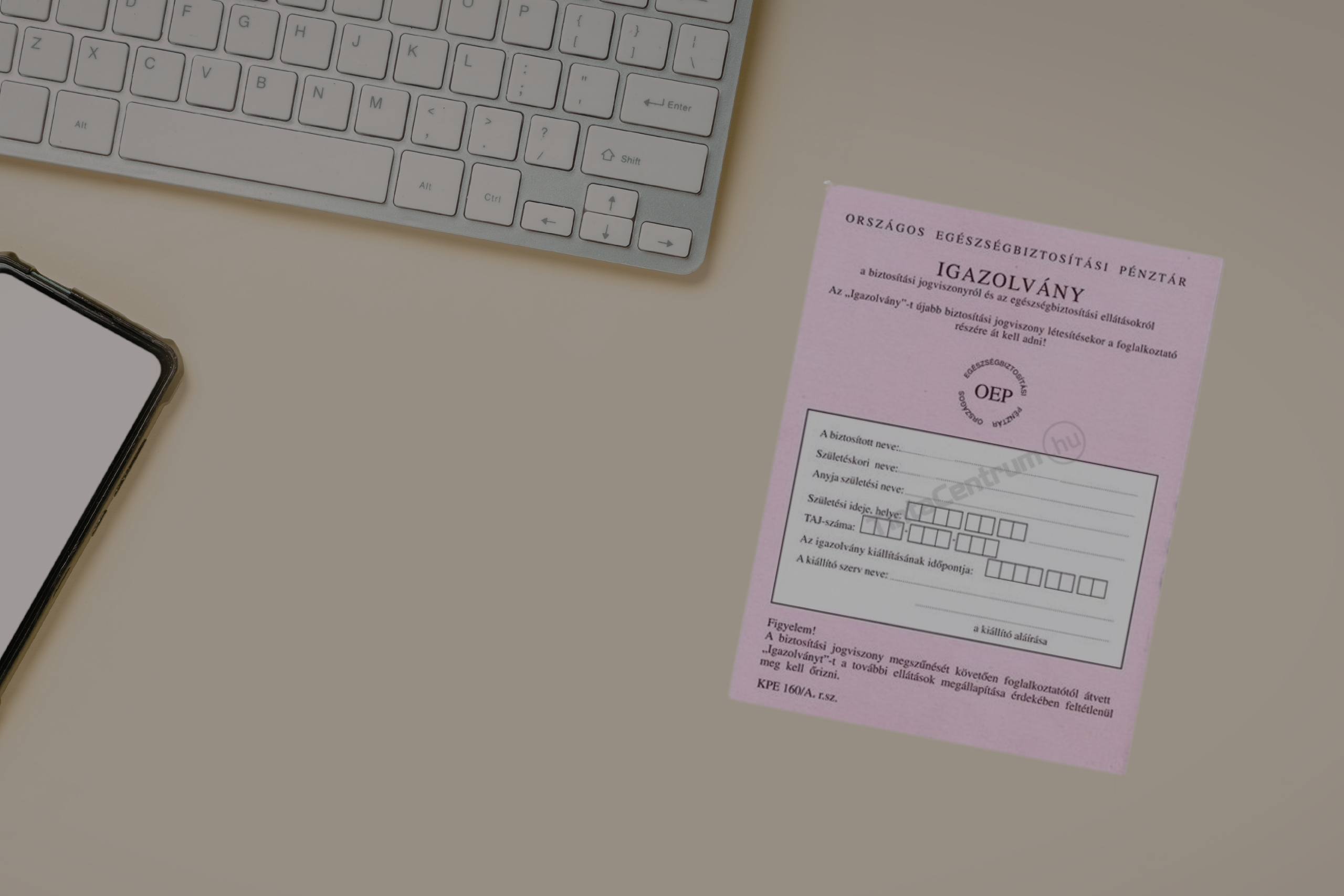
The proposed Directive of the European Union aiming at the restriction of the so-called „letterbox companies”
On 22 December 2021, the European Commission published a proposed Directive targeting aggressive tax planning techniques linked to the use of shell companies. On this basis, starting from 2024, all legal entities tax resident in the European Union (EU), irrespective of their company form, will be classified through a set of criteria as defined in the Directive.
In such case where most of the company’s income derives from the yields of passive investments and its day-to-day functions are outsourced, it will be required to provide the Tax Authority with additional information. In line with the proposed Directive, the potential non-compliance with the said data disclosure obligation can result in penalties and sanctions.
The proposed Directive is scheduled to be approved in the first half of 2022 which should be followed up by the EU countries to implement it into domestic law until 30 June 2023. Based on current plans, the Directive will be effective as of 1 January 2024.
The Directive sets out three so-called „gateways”, an entity that passes through each of the following three gateways will be subject to the reporting requirements:
- at least 75% of the revenues accruing to the undertaking in the preceding two tax years derived from passive sources. For this purpose, passive sources include income deriving from typical passive investments such as interest, royalty and dividends, but also income from financial assets (including crypto assets), insurance, banking and financial activities, real estate and movable property having a book value over EUR 1 million. This income requirement is deemed to be fulfilled if the book value of certain assets (shares, real estate or movable property with a book value of over 1 million) exceeds 75% of the entity’s balance sheet;
- the undertaking is engaged mainly in cross-border activities: (i) at least 60% of the book value of the undertaking’s assets fall within the scope of relevant assets as defined by the Directive, was located outside the Member State of the undertaking in the preceding two tax years; (ii) at least 60% of the undertaking’s relevant income is earned or paid out via cross-border transactions;
- in the preceding two tax years, the undertaking outsourced the administration of day-to-day operations and the decision-making on significant functions.
It is important to underline that the reporting obligations will be assessed based on the operational set up of the entity during the two years preceding the year of reporting.
The proposed Directive provides tax sanctions in case of non-compliance: the most significant consequence is that the entity will be denied the right to a certificate of residence in the relevant EU Member State and denied the tax benefits of certain EU tax directives and Tax Treaties by other Member States involved. Instead, taxing rights will be attributed to the shareholder of the shell company.
The Directive sets out the rules of data disclosure, its content, the presumption of minimum substance and the procedure of rebuttal of the presumption as well as exemptions (e.g. listed entities). Also, penalties for non-compliance are defined.
Should you have any questions in relation to the above topic, please contact our tax advisors:
Vadkerti Krisztián
Managing Director, Tax Partner
vadkerti.krisztian@pkf.hu
Mobil: +36 70 316 9959
Székely Gábor
Tax Manager
szekely.gabor@pkf.hu
Mobil: + 36 70 326 9606
Lépjen kapcsolatba szakembereinkkel!
Az alábbi űrlap segítségével feliratkozhat szakmai hírlevelünkre, így folyamatosan értesítjük az adózás, a könyvelés és a bérszámfejtés területén megjelenő újdonságokról.











